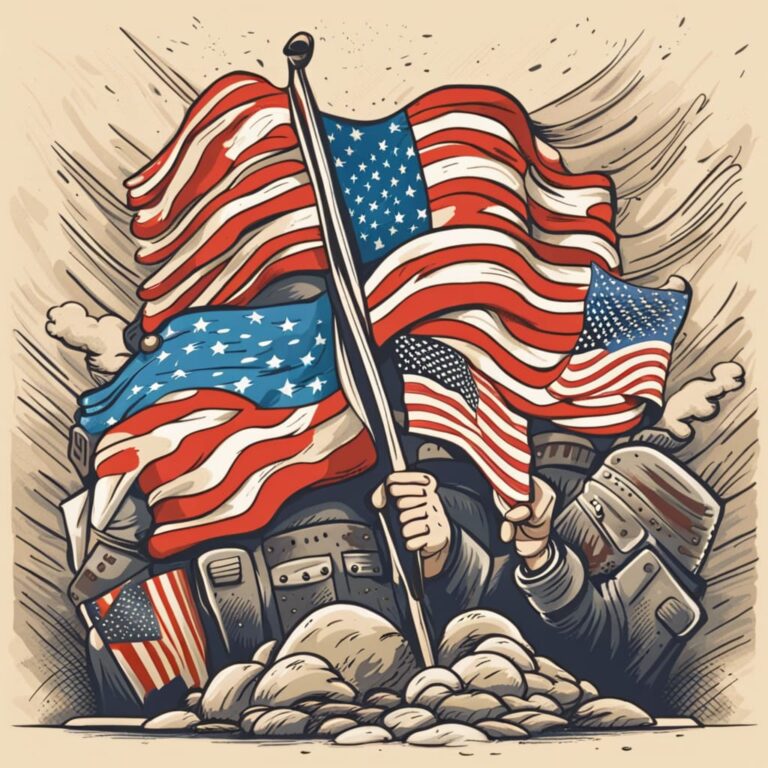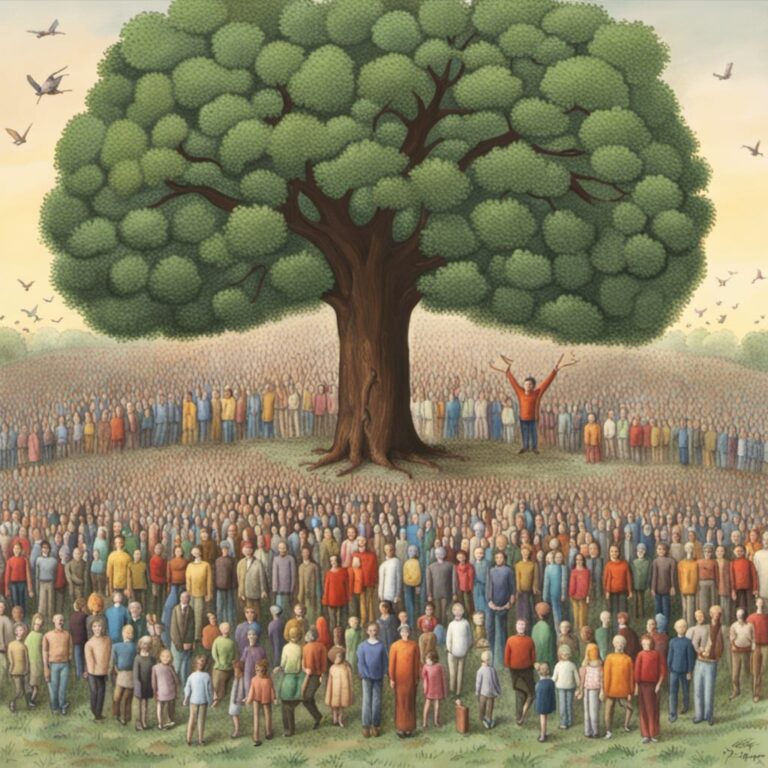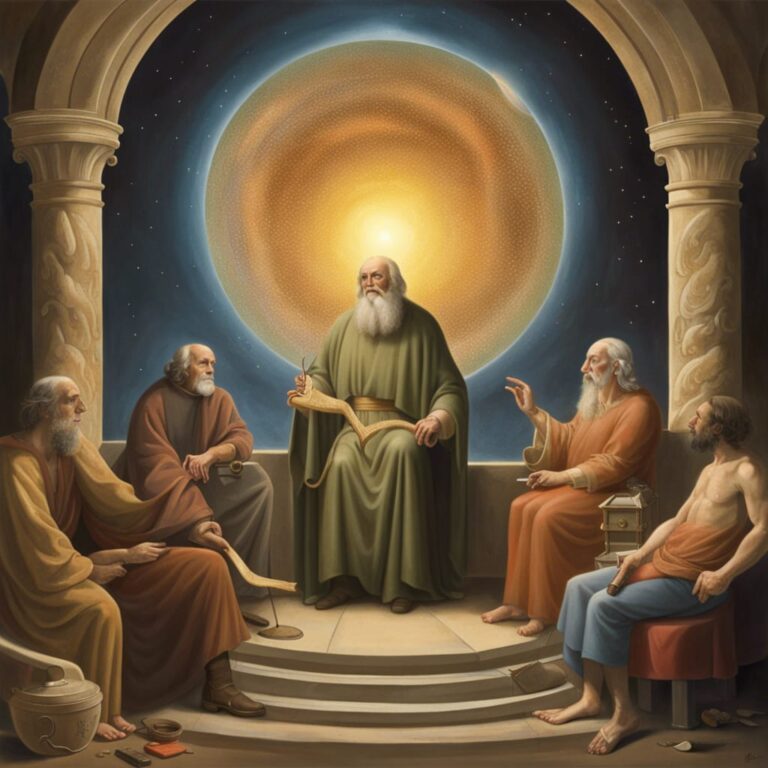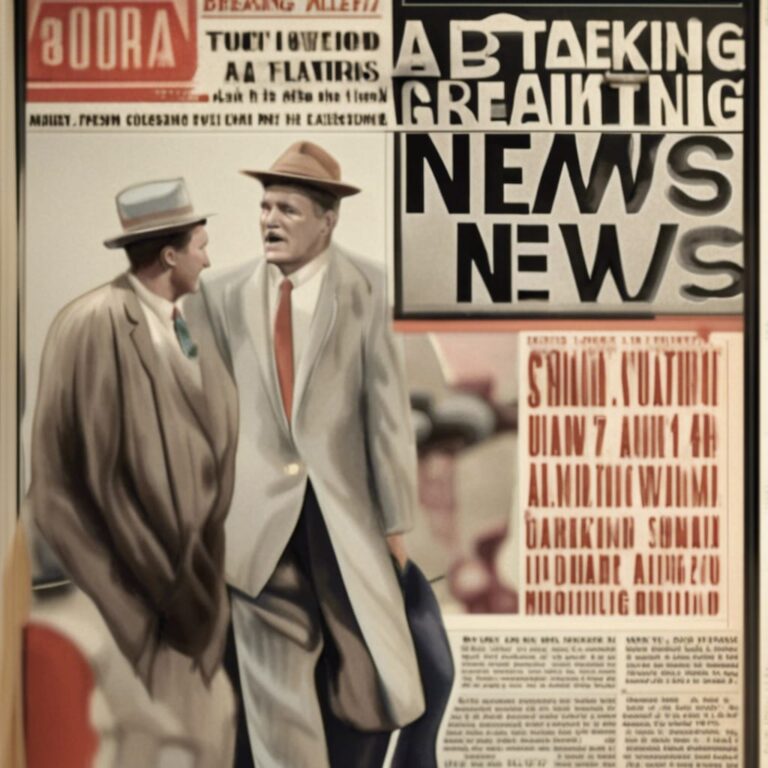
Ideologies play a significant role in shaping human societies, influencing political systems, and driving social movements. Throughout history, various ideologies have emerged, each with its own set of beliefs, values, and goals. These ideologies have sparked revolutions, shaped governments, and transformed societies. In this article, we will explore some of the most famous ideology examples in history and society, examining their impact and legacy.
💡Most Famous Ideas
These belief systems provide frameworks for understanding the world and influencing individual and collective actions.
Liberalism
Liberalism is one of the most influential ideologies in modern history. Emerging in the 18th century, liberalism champions individual liberty, human rights, free markets, and limited government intervention. It emphasizes the importance of individual freedom, equality, and the pursuit of happiness. Liberalism has been instrumental in shaping democratic societies, advocating for civil liberties, and challenging authoritarian regimes. Famous liberal thinkers include John Locke, Adam Smith, and John Stuart Mill.
Marxism
Marxism, inspired by the works of Karl Marx and Friedrich Engels, is a socialist ideology that seeks to address social inequality and class struggle. It argues that society is divided into two main classes: the bourgeoisie (capitalist class) and the proletariat (working class). Marxism advocates for the overthrow of capitalist systems, collective ownership of the means of production, and the establishment of a classless society. It has greatly influenced socialist and communist movements worldwide, inspiring revolutions and social change.
Conservatism
Conservatism emphasizes tradition, stability, and the preservation of established institutions and values. It seeks to maintain social order, often resisting rapid change or radical reforms. Conservatives value a limited role in government, preferring free markets, individual responsibility, and traditional moral values. Famous conservative thinkers include Edmund Burke, Friedrich Hayek, and Ronald Reagan. Conservatism has influenced political movements and policies, particularly in countries like the United States and the United Kingdom.
Feminism
Feminism is a diverse ideology advocating for gender equality and challenging patriarchal systems. It seeks to address social, political, and economic inequalities between genders, promoting women’s rights and empowerment. Feminism has evolved over time, encompassing various waves and perspectives, including liberal feminism, radical feminism, and intersectional feminism. Famous feminist figures include Mary Wollstonecraft, Simone de Beauvoir, and Gloria Steinem. Feminism has played a crucial role in advancing women’s rights and reshaping societal norms.
Nationalism
Nationalism is an ideology that places emphasis on the interests, culture, and identity of a particular nation or ethnic group. It often promotes the idea of self-determination, national pride, and sovereignty. Nationalism can inspire a sense of unity and patriotism but can also lead to conflict and exclusionary attitudes toward others. Notable nationalist movements include the struggle for independence in India led by Mahatma Gandhi and the nationalist movements in Europe during the 19th and 20th centuries.
Environmentalism
Environmentalism is an ideology that focuses on the protection of the natural environment and sustainable development. It highlights the importance of conservation, renewable energy, and responsible resource management. Environmentalism has gained significant traction in recent decades, with concerns about climate change and ecological degradation. Prominent environmentalists like Rachel Carson, Wangari Maathai, and Greta Thunberg have raised awareness and influenced policy decisions worldwide.
Anarchism
Anarchism is a political philosophy that opposes hierarchical authority and advocates for a society without rulers. Anarchists argue for the abolition of the state and other forms of coercive power, favoring voluntary cooperation and direct democracy. While anarchism has a diverse range of perspectives, it often promotes individual freedom, self-governance, and decentralized decision-making. Famous anarchist thinkers include Pierre-Joseph Proudhon, Mikhail Bakunin, and Emma Goldman.
Neoliberalism
Neoliberalism is an ideology that gained prominence in the late 20th century. It emphasizes free markets, deregulation, privatization, and limited government intervention. Neoliberal policies have been influential in shaping economic policies globally, promoting globalization, and encouraging competition. However, neoliberalism has been criticized for exacerbating income inequality, eroding social safety nets, and prioritizing profit over social welfare.
Globalism
Globalism, or global capitalism, is an ideology that advocates for increased global integration, interconnectedness, and interdependence. It promotes free trade, international cooperation, and the removal of barriers to the movement of goods, services, and capital. Proponents argue that globalism enhances economic growth and cultural exchange. However, critics contend that it can lead to the exploitation of labor, loss of national identity, and uneven distribution of benefits.
Populism
Populism is an ideology that emphasizes the interests and concerns of the “common people” against the perceived elites or establishment. Populist movements often capitalize on public dissatisfaction with existing political systems, economic inequality, and cultural anxieties. While populist movements can address legitimate grievances, they are also prone to simplifying complex issues, fostering divisiveness, and undermining democratic institutions.
Techno-Optimism
Techno-optimism is an ideology that places faith in technological advancements to solve societal problems and drive progress. It promotes the idea that innovation, scientific research, and technological breakthroughs will lead to a better future. Proponents of techno-optimism argue that technological advancements can address challenges such as climate change, healthcare, and poverty. However, skeptics caution against overreliance on technology and highlight potential ethical, social, and environmental implications.
Identity Politics
Identity politics refers to ideologies that prioritize the interests and concerns of specific social groups based on their gender, race, ethnicity, sexual orientation, or other characteristics. It seeks to address historical and ongoing inequalities and discrimination by centering the experiences of marginalized communities. While identity politics has helped raise awareness of social injustices and promote inclusivity, critics argue that it can lead to polarization, exclusion, and the suppression of dissenting views.
Postcolonialism
Postcolonialism is an ideology that emerged in response to the legacy of colonialism and imperialism. It seeks to critique and challenge the power structures, cultural dominance, and economic exploitation that result from historical colonial relationships. Postcolonialism encourages a reevaluation of historical narratives, cultural diversity, and the decolonization of knowledge. However, it also faces criticism for essentializing cultures and neglecting the complexities of contemporary global dynamics.
Intersectionality
Intersectionality is an ideology that recognizes the interconnected nature of various social identities and systems of oppression. It acknowledges that individuals can experience multiple forms of discrimination and privilege based on intersecting factors such as race, gender, class, and sexuality. Intersectionality promotes a more nuanced understanding of power dynamics and advocates for inclusive and equitable approaches to social justice.
Conclusion
These are just a few examples of the many ideologies that have shaped history and society. Each ideology represents a unique set of values, beliefs, and goals, influencing political movements, policies, and social norms. By understanding these ideologies, we can gain insights into the complexities of human societies and the ongoing debates and struggles for a better world.





